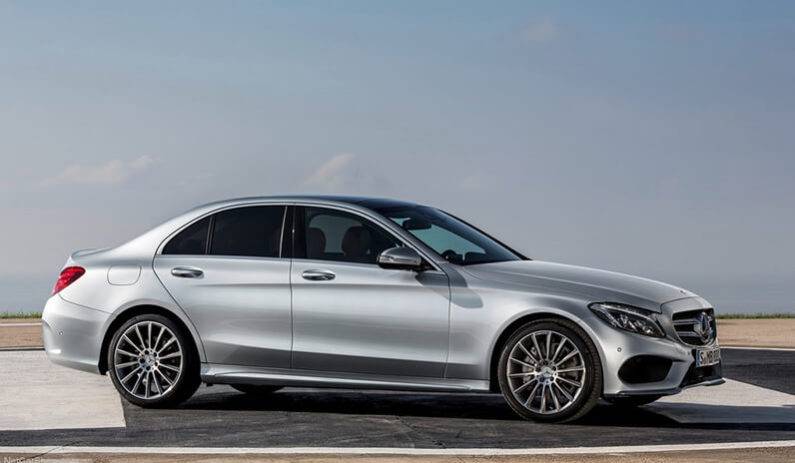Budget-Conscious:
If you want to save on the purchase price, used cars are often significantly cheaper.
Lower depreciation means better long-term value retention.
Lower Insurance Costs:
Used cars typically have lower insurance premiums compared to new ones.
Need a Reliable Model:
If you’re okay with a slightly older car but still want reliability, look for models known for longevity.
Wider Variety Within Budget:
You may afford a higher-end model or a car with more features for the same price as a new entry-level car.
Minimal Driving Needs:
If you’re not planning on using the car heavily or for long commutes, a used car is cost-effective.
Avoid Rapid Depreciation:
New cars lose value quickly, especially in the first 2–3 years. Buying used avoids this hit.
When to Buy a New Car
Latest Technology and Features:
If you value advanced safety features, infotainment systems, or fuel efficiency only available in newer models.
Peace of Mind with Warranty:
New cars come with manufacturer warranties, reducing repair costs for the first few years.
Customization:
Ability to choose exact specifications like color, trim, or added options.
Long-Term Reliability:
If you plan to keep the car for many years, a new car may have fewer issues early on.
Lower Maintenance Needs:
A new car usually requires minimal maintenance compared to a used one.
Specific Incentives or Financing Options:
Dealerships often offer lower interest rates, cash rebates, or other incentives for new cars.
Key Factors to Decide:
Budget: How much can you afford upfront and in monthly payments?
Usage: How frequently and heavily will you use the car?
Longevity: How long do you plan to keep the car?
Depreciation Impact: Does the loss in value of a new car matter to you?
Features and Needs: Are newer features a priority?
Would you like to include this in your presentation? I can also refine or organize it visually!


